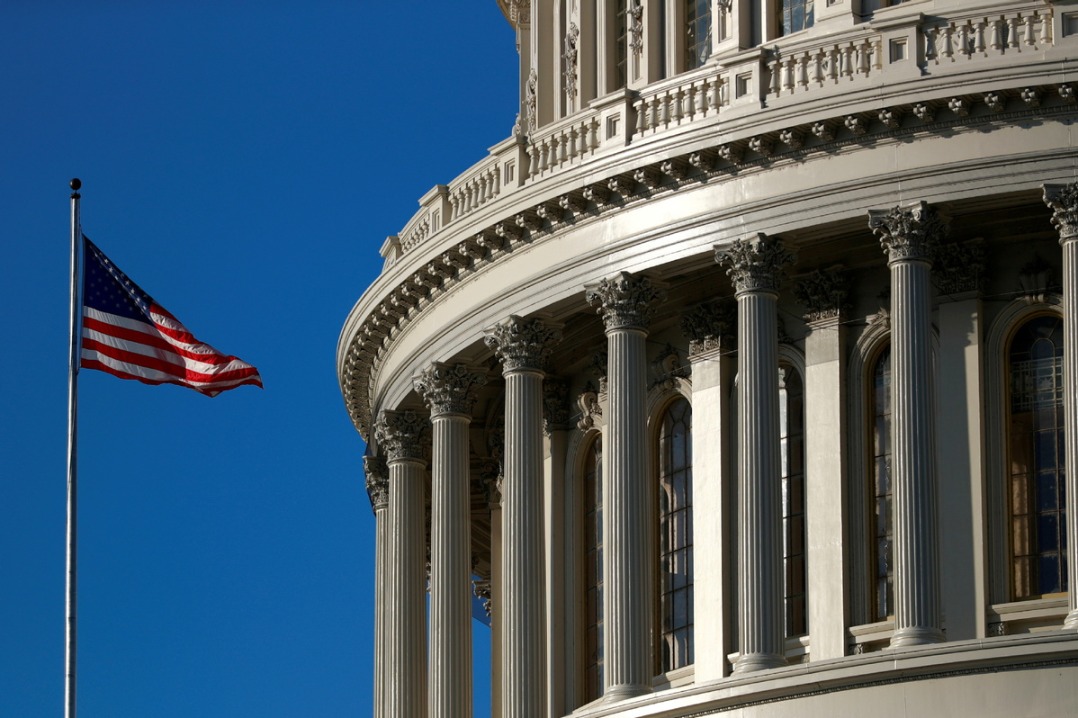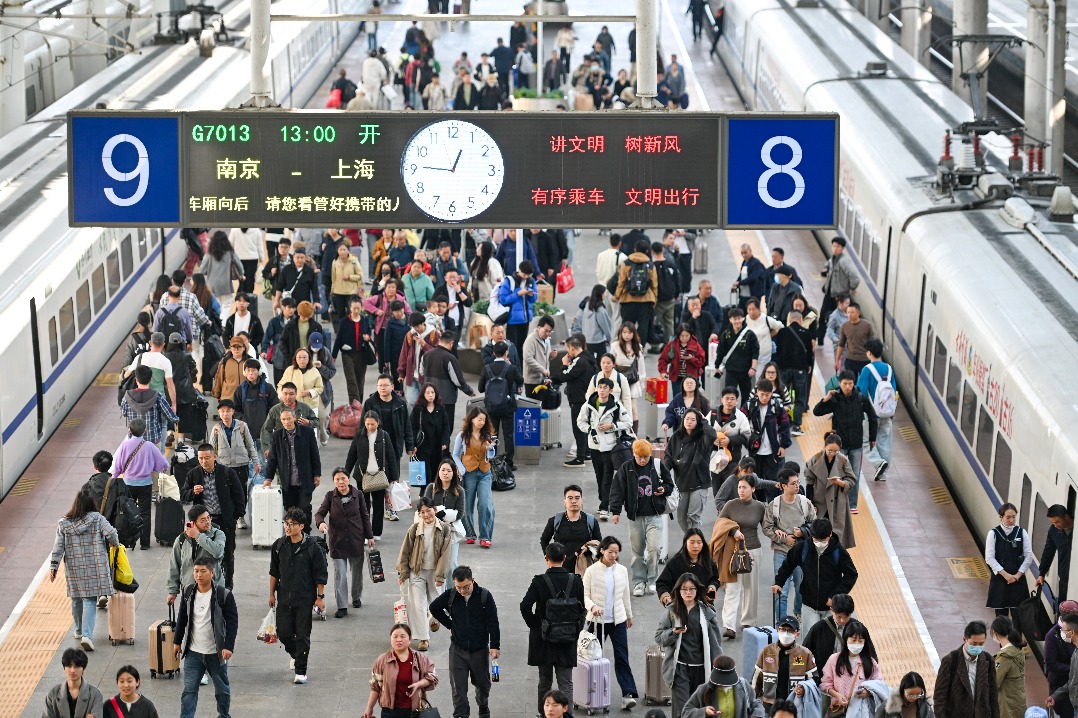US GDP shrinks 0.9 percent in Q2 after Q1 contraction

WASHINGTON-The US economy shrank from April through June for a second straight quarter, contracting at a 0.9 percent annual pace and raising fears that the nation may be approaching a recession.
Estimates ranged from as low as a 2.1 percent rate of contraction to as high as a 2.0 percent growth pace. The economy contracted at a 1.6 percent pace in the first quarter.
The second straight quarterly decline in GDP meets the standard definition of a recession.
But the National Bureau of Economic Research, the official arbiter of recessions in the United States defines a recession as "a significant decline in economic activity spread across the economy, lasting more than a few months, normally visible in production, employment, real income, and other indicators".
Job growth averaged 456,700 per month in the first half of the year, which is generating strong wage gains. Still, the risks of a downturn have increased.
Homebuilding and house sales have weakened while business and consumer sentiment have softened in recent months.
The White House is vigorously pushing back against the recession chatter as it seeks to calm voters ahead of the Nov 8 midterm elections that will decide whether President Joe Biden's Democratic Party retains control of the US Congress.
Treasury Secretary Janet Yellen was scheduled to hold a news conference on Thursday to "discuss the state of the US economy".
A separate report from the Labor Department on Thursday showed initial claims for state unemployment benefits decreased 5,000 to a seasonally adjusted 256,000 for the week ended July 23. Economists polled by Reuters had forecast 253,000 applications for the latest week.
Jobless claims remain below the 270,000-350,000 range that economists say would signal an increase in the unemployment rate.
Slowing economic growth could, however, encourage the Fed to step back from hefty interest rate increases, though much would depend on the path of inflation, which is way above the US central bank's 2 percent target. The inflation surge and fear of a recession have eroded consumer confidence and stirred public anxiety about the economy, which is sending frustratingly mixed signals.
Consumer spending is still growing. But US citizens are losing confidence. Their assessment of economic conditions six months from now has reached its lowest point since 2013, according to the Conference Board, a research group.
This week, Walmart, the nation's largest retailer, lowered its profit outlook, saying that higher gas and food prices were forcing shoppers to spend less on many discretionary items, like new clothing.
Agencies via Xinhua
Today's Top News
- Xi congratulates Doumbouya on election as president of Guinea
- Xi says major countries should take lead in abiding by intl law, UN Charter
- Xi meets Taoiseach of Ireland
- New Year holiday drives travel peak
- ROK leader begins state visit to China
- AI must serve humanity, not endanger it






























